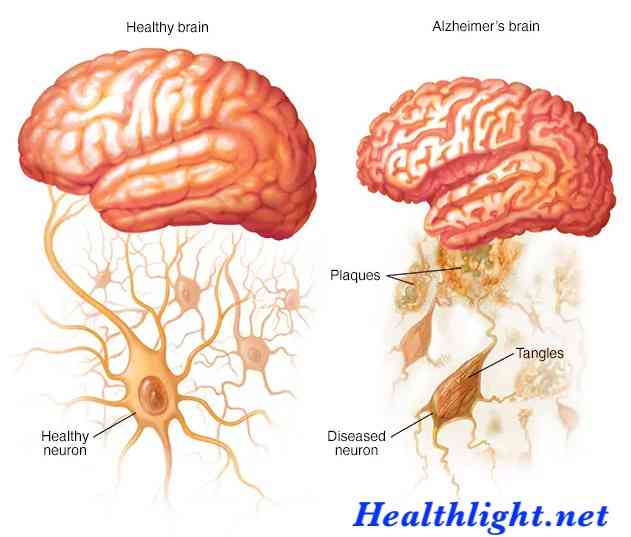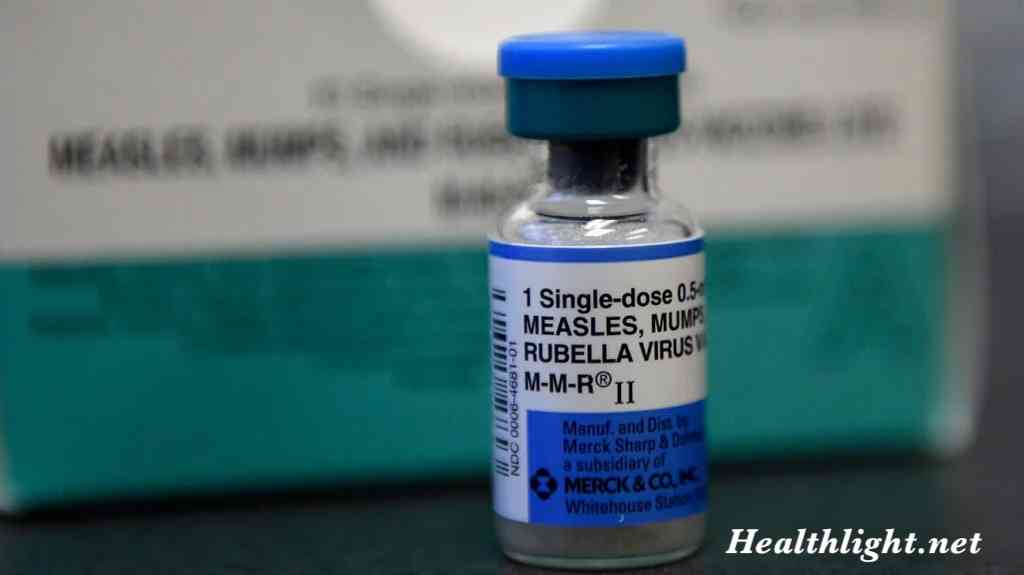Alzheimer’s Disease is one of the most common causes of dementia worldwide, affecting millions of people and their families. It is a progressive neurological condition that slowly damages memory, thinking, and behavior. While it mainly impacts older adults, Alzheimer’s is not a normal part of aging. Early recognition of symptoms and timely treatment can significantly impact the management of the disease and enhance quality of life.
is one of the most common causes of dementia worldwide, affecting millions of people and their families. It is a progressive neurological condition that slowly damages memory, thinking, and behavior. While it mainly impacts older adults, Alzheimer’s is not a normal part of aging. Early recognition of symptoms and timely treatment can significantly impact the management of the disease and enhance quality of life.
This comprehensive guide explores Alzheimer’s symptoms, stages, causes, risk factors, treatment options, and prevention strategies to help readers gain a clear understanding of the condition.
What Is Alzheimer’s Disease?
Alzheimer’s Disease is a degenerative brain disorder that disrupts the communication between nerve cells. Over time, abnormal protein deposits amyloid plaques and tau tangles accumulate in the brain, damaging cells and leading to memory loss and cognitive decline.
According to the World Health Organization (WHO), Alzheimer’s is the most common form of dementia, accounting for up to 70% of cases globally. It progresses gradually, starting with mild forgetfulness and eventually affecting daily life, personality, and independence.
Symptoms of Alzheimer:
Recognizing the early warning signs is critical for diagnosis and treatment. Alzheimer’s symptoms often start subtly and worsen with time.
Memory Loss That Disrupts Daily Life:
The most common early symptom is forgetting recently learned information, important dates, or events. Repeatedly asking the same questions is also a red flag.
Difficulty in Problem-Solving or Planning:
Tasks that once felt simple, such as managing bills, following recipes, or creating a plan, become overwhelming.
Confusion About Time and Place:
People may lose track of dates, seasons, or familiar locations. They may also struggle to understand where they are or how they got there.
Challenges in Speaking or Writing:
Alzheimer’s can make it difficult to find the right words, repeat phrases, or follow conversations. Written communication may also decline.
Poor Judgment and Decision-Making:
Victims may fall prey to scams, make unusual purchases, or neglect personal hygiene.
Withdrawal from Work or Social Activities:
As the disease progresses, individuals often avoid hobbies, gatherings, or community activities.
Mood and Personality Changes:
Depression, anxiety, confusion, or suspicion are common emotional changes linked to Alzheimer’s.
Stages of Alzheimer’s Disease:
Doctors often describe Alzheimer’s progression in stages:
- Mild (Early Stage): Noticeable memory lapses, difficulty finding words, or losing items.
- Moderate (Middle Stage): Greater memory loss, confusion, mood swings, and the need for assistance with daily activities.
- Severe (Late Stage): Loss of communication, inability to recognize loved ones, and dependence on full-time care.
Understanding these stages helps caregivers prepare for changes and plan long-term care.
Causes and Risk Factors:
The exact cause of Alzheimer’s remains unclear, but research highlights several contributing factors:
- Age: Risk increases significantly after 65.
- Genetics: Family history and certain genes (like APOE ε4) raise the likelihood.
- Lifestyle: Poor diet, smoking, lack of exercise, and alcohol use may contribute.
- Chronic Conditions: High blood pressure, diabetes, obesity, and heart disease are linked to higher risk.
- Brain Health: Head injuries or limited mental stimulation also play a role.
Diagnosis of Alzheimer’s Disease:
There is no single test for Alzheimer’s. Doctors rely on multiple evaluations, such as:
- Medical history and neurological exams.
- Memory and cognitive tests.
- Brain imaging (MRI, CT scans, PET scans).
- Blood tests to rule out other conditions.
Early diagnosis is essential for managing symptoms and improving outcomes.
Treatment Options for Alzheimer’s Disease:
Currently, there is no cure for Alzheimer’s, but treatments can help slow progression and ease symptoms.
Medications:
- Cholinesterase Inhibitors (Donepezil, Rivastigmine, Galantamine): Improve communication between brain cells.
- Memantine: Helps regulate brain chemicals for better memory and learning.
- New FDA-Approved Drugs (e.g., Lecanemab): Target amyloid plaques and show promise in slowing cognitive decline.
Lifestyle and Supportive Therapies:
- Cognitive therapy, memory training, and mental exercises.
- Physical activity to boost brain and heart health.
- Healthy diet rich in omega-3 fatty acids, fruits, and vegetables.
- Stress management through meditation, yoga, and mindfulness.
Caregiving Support:
As Alzheimer’s advances, caregiving becomes crucial. Professional home care, support groups, and respite care provide relief to families.
Prevention and Brain Health Tips:
Although Alzheimer’s cannot be fully prevented, lifestyle choices may lower risk:
- Stay physically active with regular exercise.
- Engage in brain-challenging activities like reading, puzzles, or learning new skills.
- Maintain a balanced diet (Mediterranean or DASH diet is recommended).
- Prioritize quality sleep.
- Manage chronic health issues like diabetes and hypertension.
- Stay socially connected to reduce cognitive decline.
Living with Alzheimer’s Coping Strategies:
For patients and families, living with Alzheimer’s is challenging but manageable:
- Build a Daily Routine: Consistency helps reduce confusion.
- Use Memory Aids: Calendars, reminders, and labels can assist daily life.
- Create a Safe Environment: Remove hazards and simplify living spaces.
- Seek Emotional Support: Counseling and community groups can reduce stress.
Conclusion:
Alzheimer’s Disease is a life-altering condition that affects not only patients but also their families and caregivers. While there is no cure yet, early diagnosis, proper treatment, healthy lifestyle choices, and strong support systems can significantly improve quality of life.
As research advances, new therapies and prevention strategies offer hope for the future. Staying informed and proactive is the first step in managing Alzheimer’s effectively.
FAQs:
Is Alzheimer’s disease the same as dementia?
Dementia is a general term for memory and cognitive decline, while Alzheimer’s is the most common cause of dementia.
Can Alzheimer’s be cured?
Currently, there is no cure. However, treatments can manage symptoms and slow progression.
Who is at the highest risk of Alzheimer’s?
People over 65, those with a family history, and individuals with chronic health issues face higher risk.
What is the life expectancy after diagnosis?
On average, individuals live 4-8 years after diagnosis, though some may live up to 20 years depending on overall health and stage of detection.








